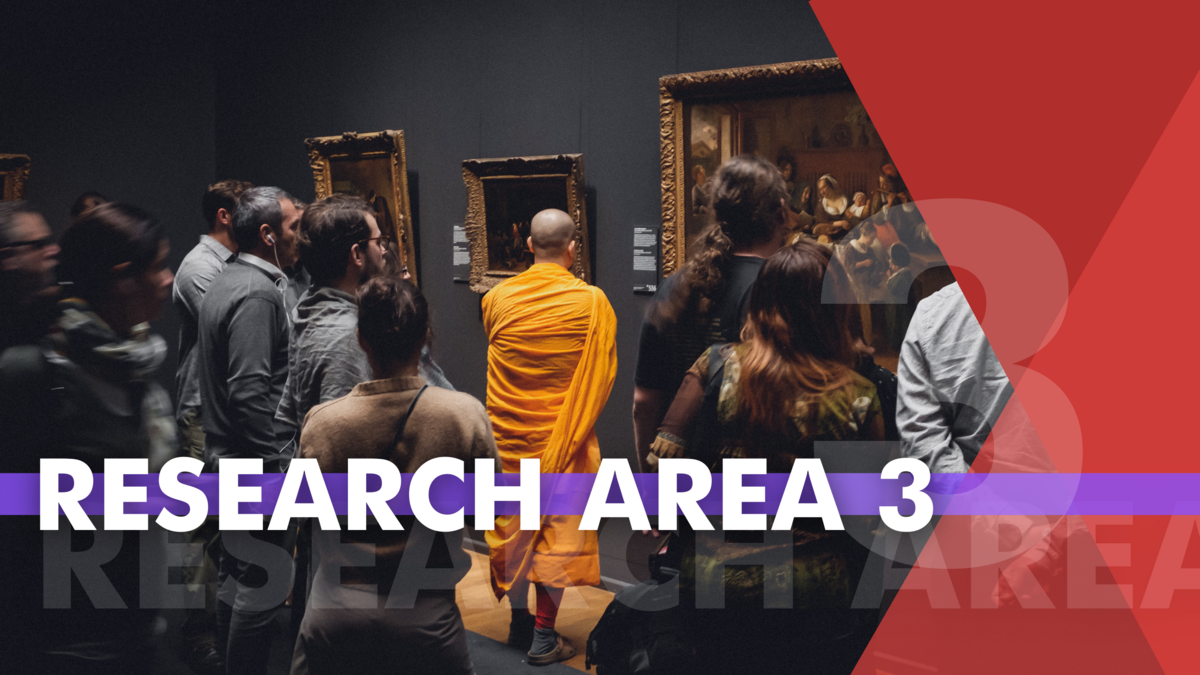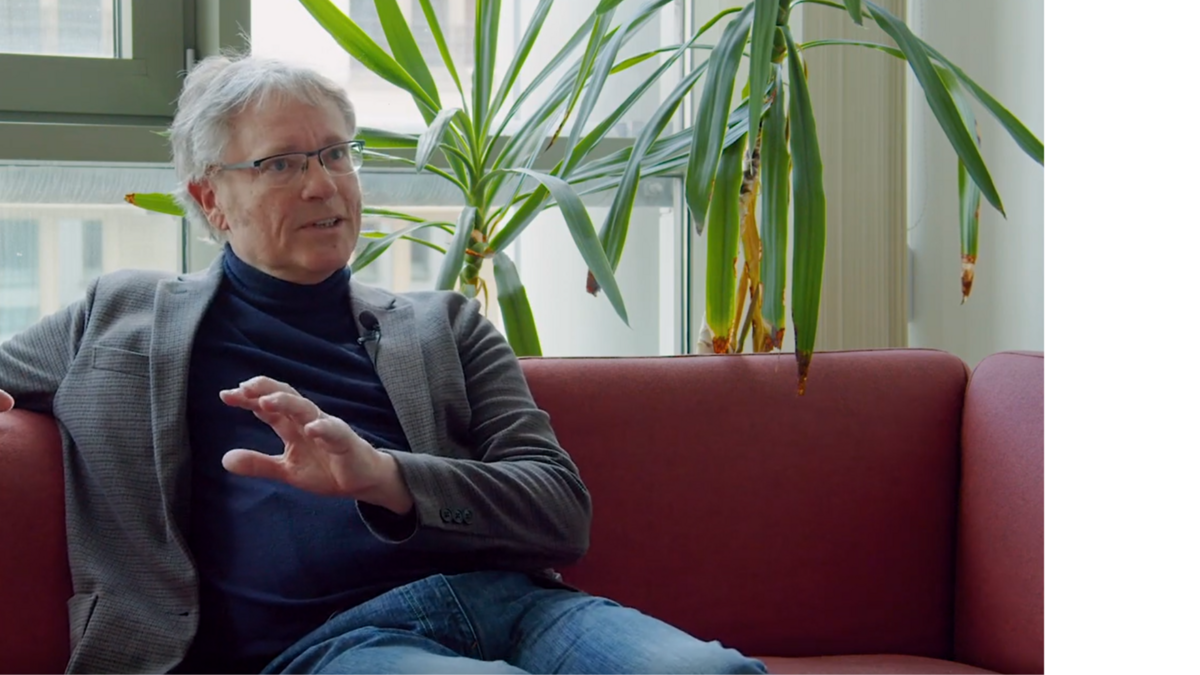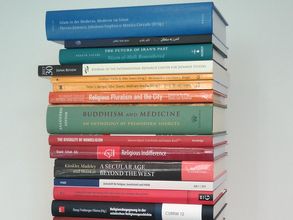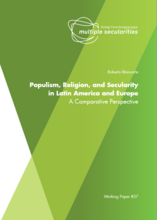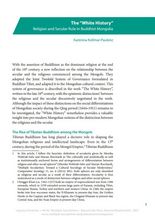Research Area 3 investigates the formation, enforcement, dissemination, as well as the questioning and diversification of epistemes in the past and present. Throughout human history, religions have forged cognitive, normative and expressive orientation and have created symbolic worlds of meaning.
In the modern era, nation-states have tried to take over this function to some extent, sometimes against and sometimes with established religious communities. Often, such an at-
tempt has been in competition with other secular world views, for instance in colonial contexts, leading to fierce conflicts with established epistemes. Since the late twentieth century, partly as a result of migration, digital communication, and intensified cultural exchanges and dynamics, there has been a local diversification and global diffusion of epistemes that are only partially associated with traditional religiosity, state ideologies, or established orders of knowledge and values.
RA3 responds to the challenges of this new global dynamic by advancing and bringing together research on systems of cognitive, normative, and expressive orientation – in a historical and diachronic comparative perspective – in order to identify and describe processes of change and path dependencies.
The board includes Prof Dr Christoph Kleine (Religious Studies) and Prof Dr Monika Wohlrab-Sahr (Cultural Studies) as spokespersons, as well as Prof Dr Dmitri van den Bersselaar (African Studies), Prof Dr Klaus Fitschen (Church History), Dr Nikolas Broy (Religious Studies), Dr Silke Guelker (Cultural Studies) and Johannes Duschka (KFG "Multiple Secularities"), who coordinates the activities of RA3 as part of his work at the KFG.
The KFG "Multiple Secularities – Beyond the West, beyond Modernities" (FOR 2344) is the largest third party funded collaborative project in the RA3. Utilizing the concept of multiple secularities, developed in Leipzig, the various constellations of the religious and the secular are examined. Secularity refers to conceptual and institutional distinctions between religious and non-religious spheres and practices, without losing sight of their mutual constitution. The arrangements of secularity are examined in detail for both “Western” and “non-Western” as well as modern and pre-modern forms.
Research Networks and Projects of Research Area 3
The interdisciplinary research group KFG 2344 "Multiple Secularities – Beyond the West, Beyond Modernities" examines arrangements of differentiation between religious and other social fields of action, interpretative frameworks, institutions and discourses in different epochs and regions. We refer to such often controversial arrangements with the heuristic working term "secularities". The KFG has been funded by the German Research Foundation since 2015.
The research project deals with the effects of political changes in Turkey on family and youth policy. It focusses on the reforms promoted by the AKP party in these areas, which are considered to be at the heart of Turkey's religious policy disputes. The study aims to analyse how these policies are presented and implemented in public discourse, what role religion plays in this and how they influence the political and social life of the Turkish population. Using AKP discourse analyses, focus group interviews with NGOs and group discussions in various social milieus, the aim is to find out which political subjects are to be promoted by these policies and how religious and secular attitudes interact with each other in people's everyday lives.
Head: Prof. Dr. Markus Dreßler
Funding source: GERMan research foundation
The research group analyses the increasing social polarisation in Germany, which is characterised by the mutual rejection of different social groups and the associated threat perceptions. One focus is on the role played by the fear of radical Islam and how this leads to a mutual spiral of radicalisation, particularly among adolescents and young adults. It examines how young Muslim women drift into conservative religious groups that harbour potential for radicalisation, while at the same time a radicalisation towards right-wing extremism is observed in parts of the non-Muslim population, which in turn favours radicalisation in the left-wing spectrum. The inter- and transdisciplinary project aims to research previously unconnected social factors of this radicalisation dynamic and to develop prevention approaches for the education sector based on the results. The key question is which collective intervention strategies can be identified to prevent radicalisation and co-radicalisation among young Muslims and non-Muslims.
Head (at Leipzig location): Prof. Dr. Oliver Decker, Prof. Dr. Gert Pickel, Prof. Dr. Immo Fritsche,
Duration: 09/2020–12/2024
Funding Source: BMBF
Khyentse Zentrum für kontemplative Traditionen
In recent years, mindfulness practices have shown a significant impact on the development of resilience, the reduction of stress and the promotion of emotional and social skills in various areas of life. The origins of these practices are mostly rooted in the contemplative traditions of Buddhism. Our project aims to analyse the reciprocal transfer processes between traditions and cultures. We are not only focussing on textual sources from ancient traditions, but also on subjective, transformative accounts of practitioners' experiences.
Head: Prof. Dr. Jowita Kramer
Funding source: Khyentse Foundation
Publications
Insights
In the Global Dynamics Blog, ReCentGlobe scientists provide their expertise on current social debates.
Die Religiöse Dimension des Ukraine-Kriegs von Dr. Sebastian Rimestad
Religion in der Covid-19 Pandemie Dr. Alexander Yendell in conversation with Prof. Dr. Oliver Hidalgo
Has Confucius Won the Corona War? Prof. Dr. Christoph Kleine
Can Cultural Imprints Account for Success and Failure in Coping with the Pandemic? When Western observes comment upon the astonishing success of the People’s Republic of China in fighting the pandemic, they are often quick to offer explanations: one can hardly trust the official figures, and even if they should be correct, China is a repressive surveillance state that knows everything about its citizens and has no scruples about massively restricting individual freedoms and fundamental rights. Shame about the inability of Western societies to cope with the pandemic is thus turned into a narrative of moral superiority.
